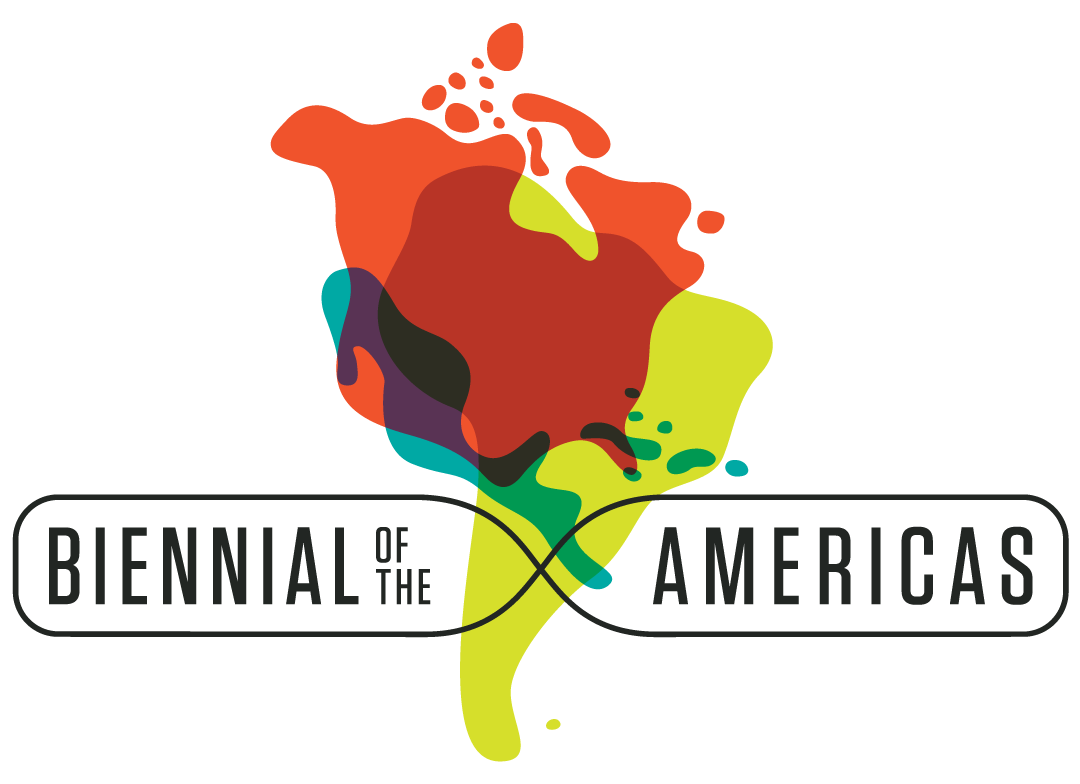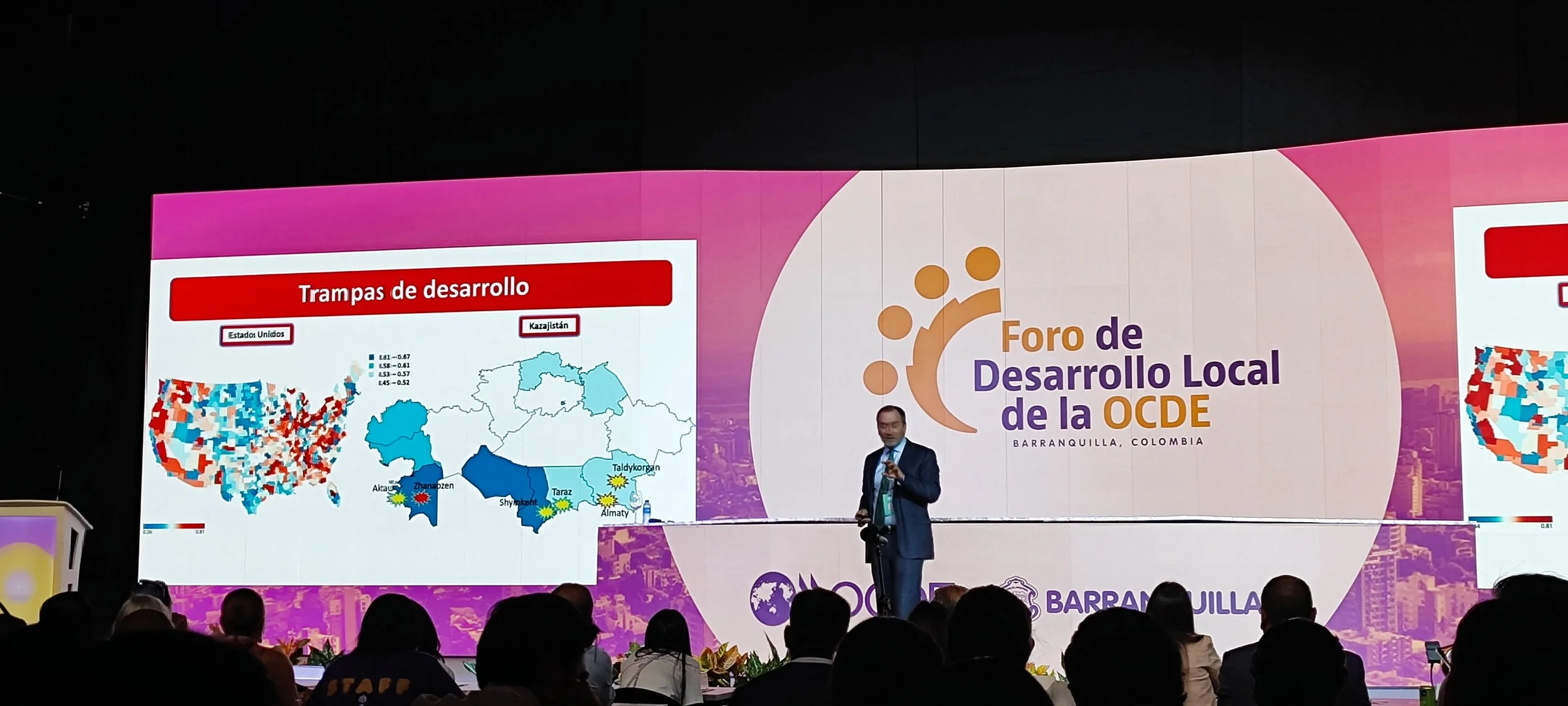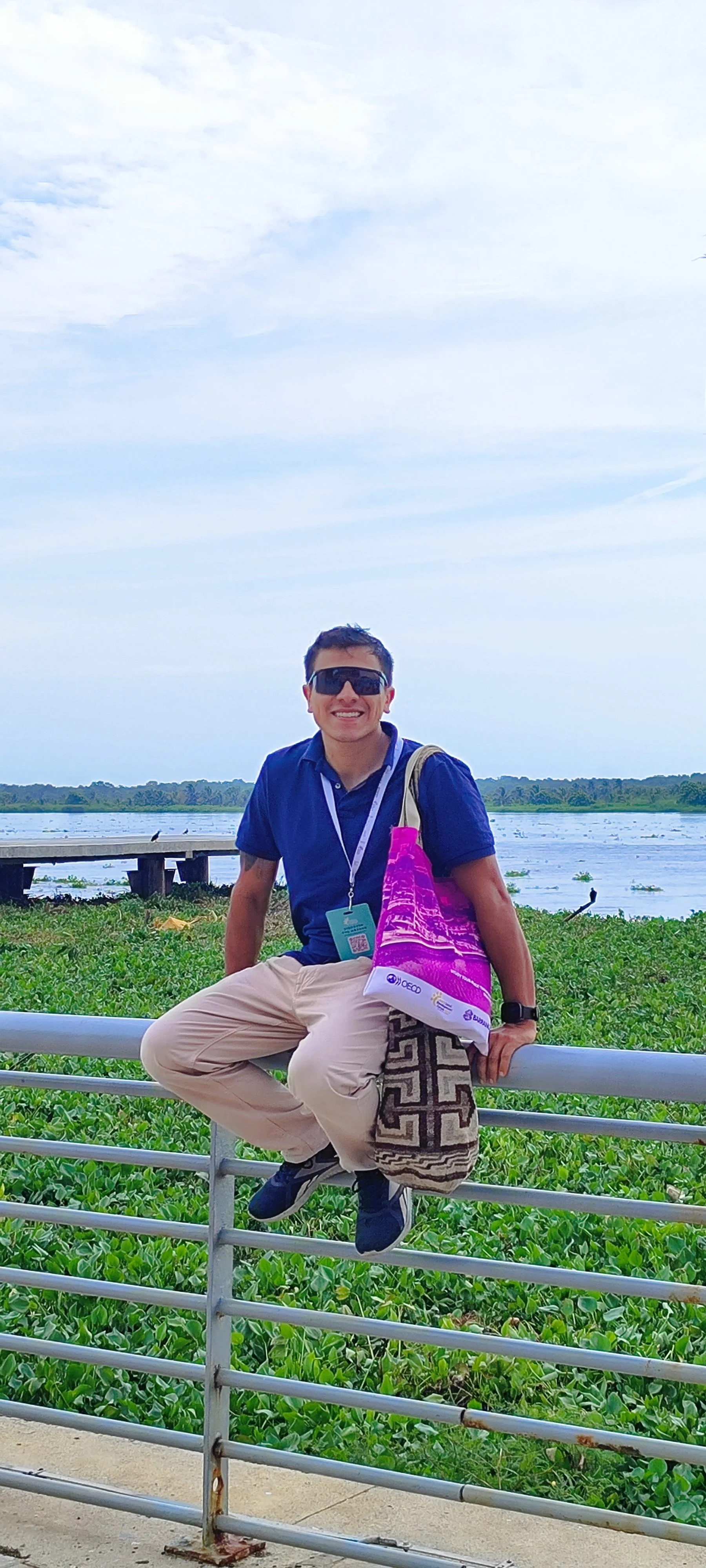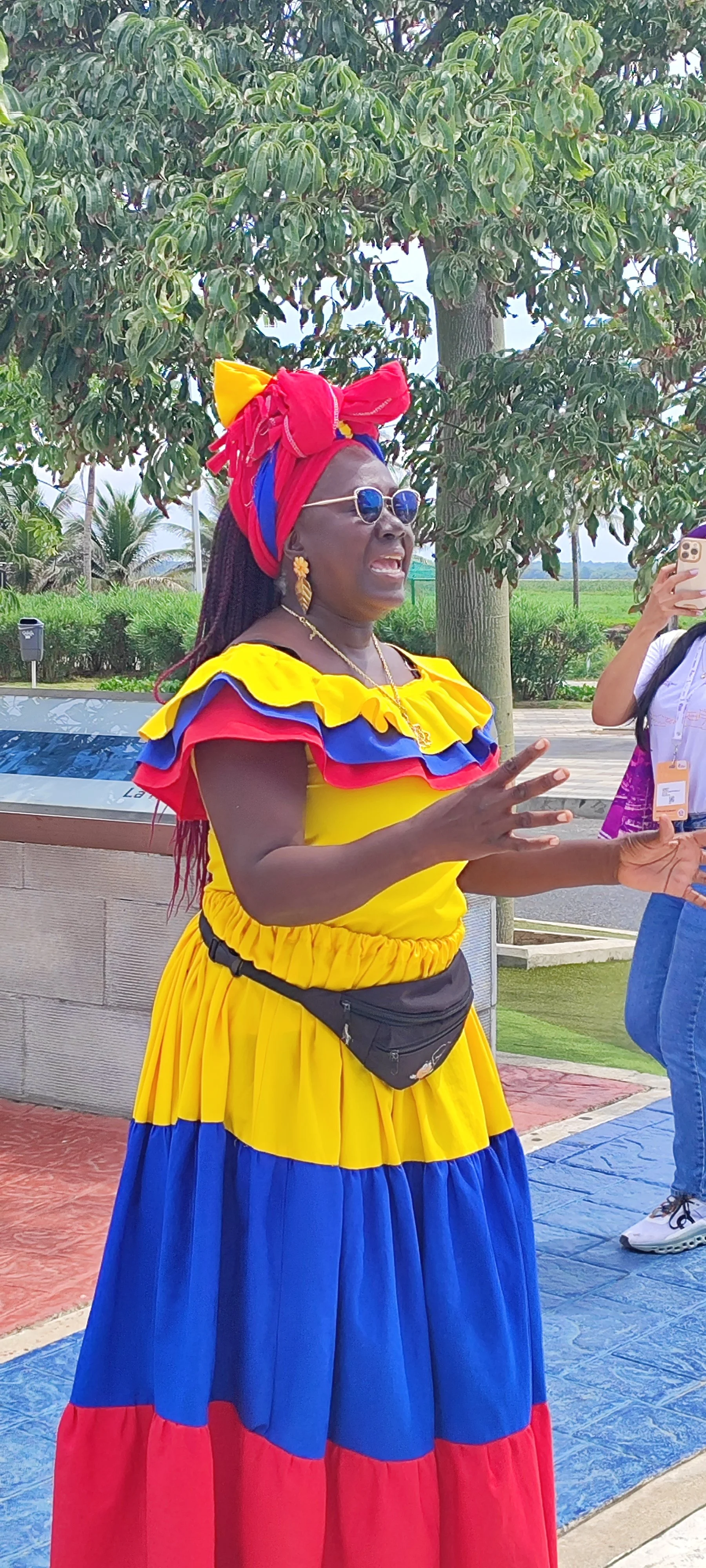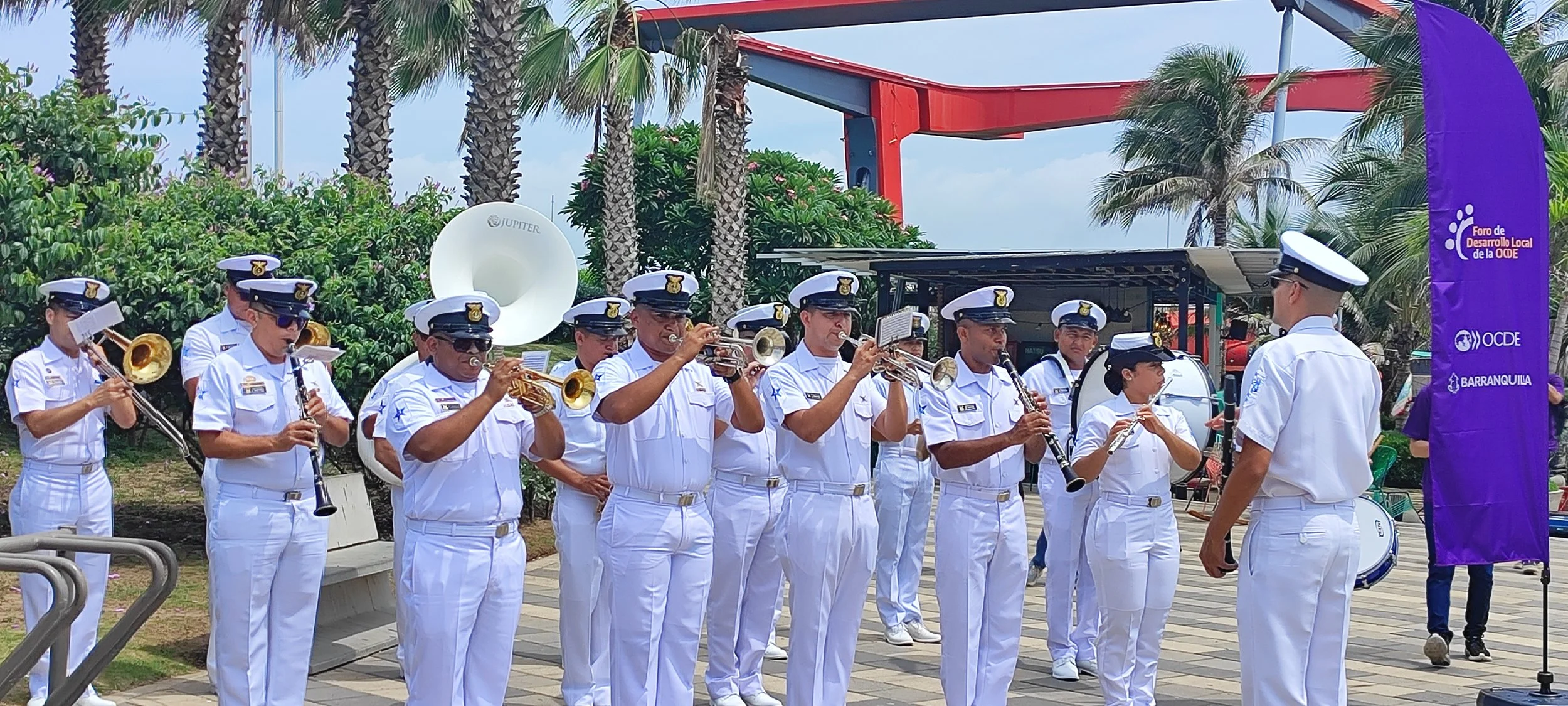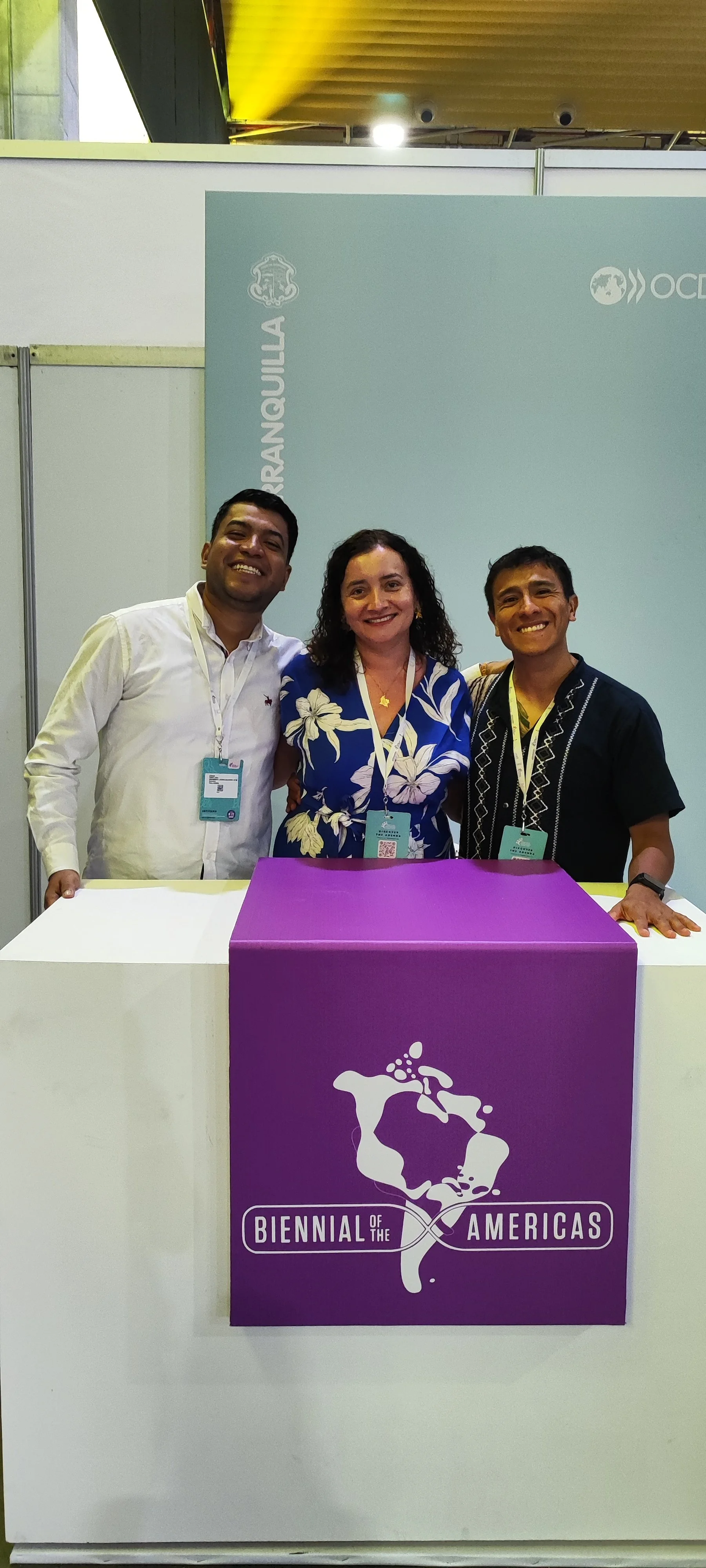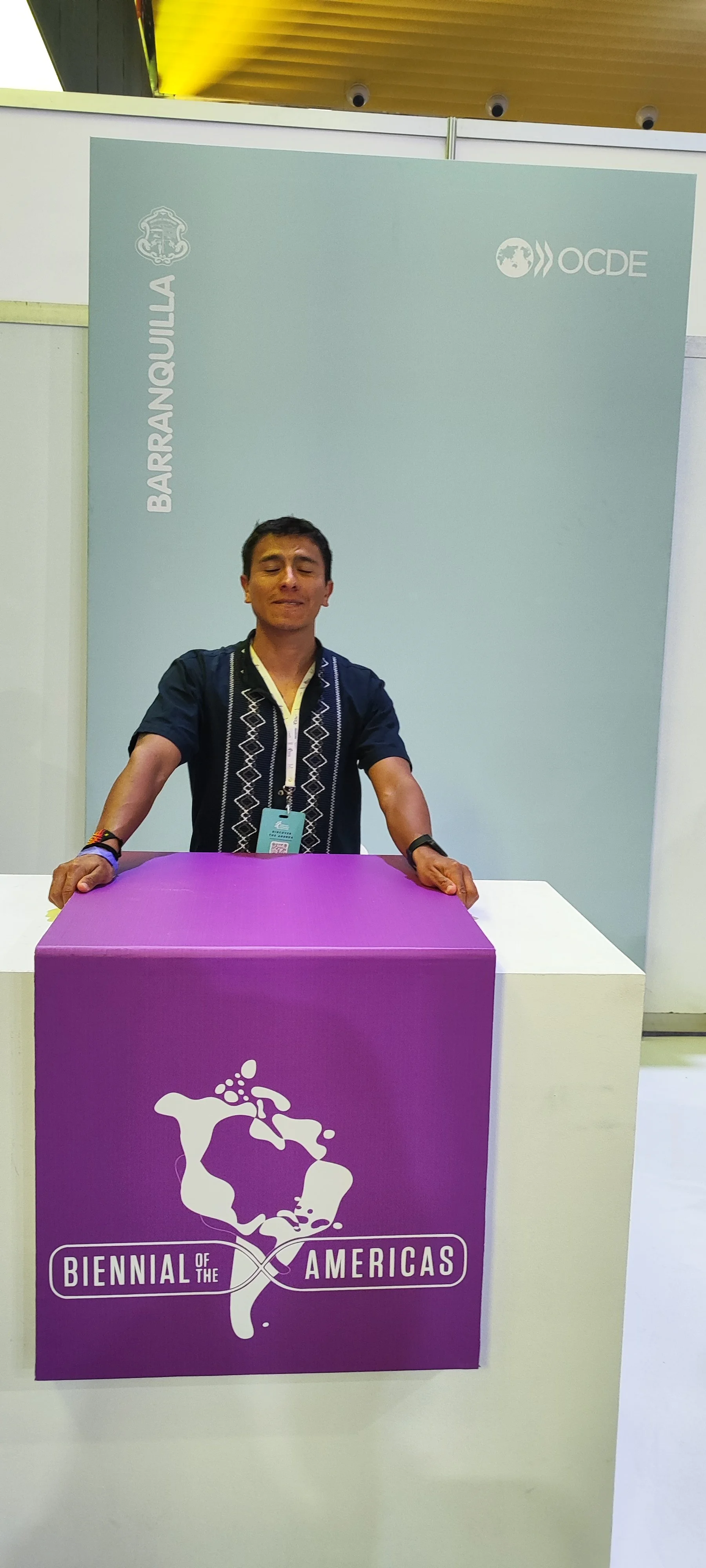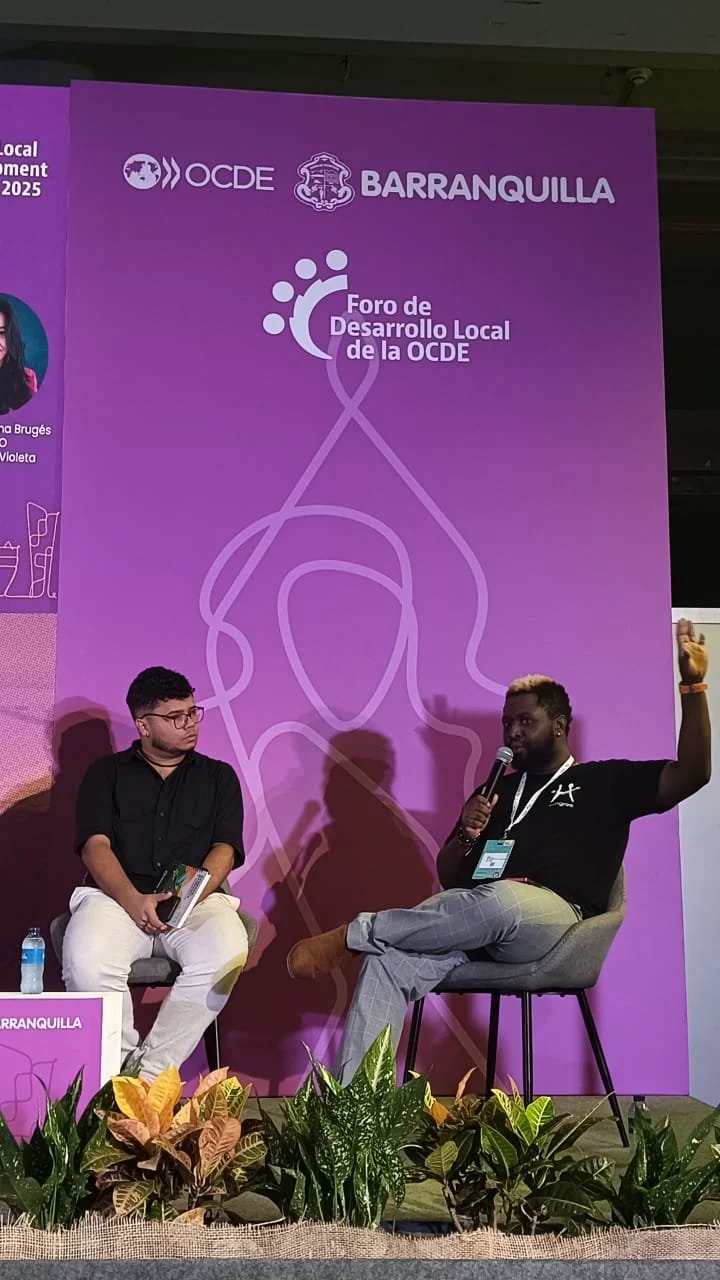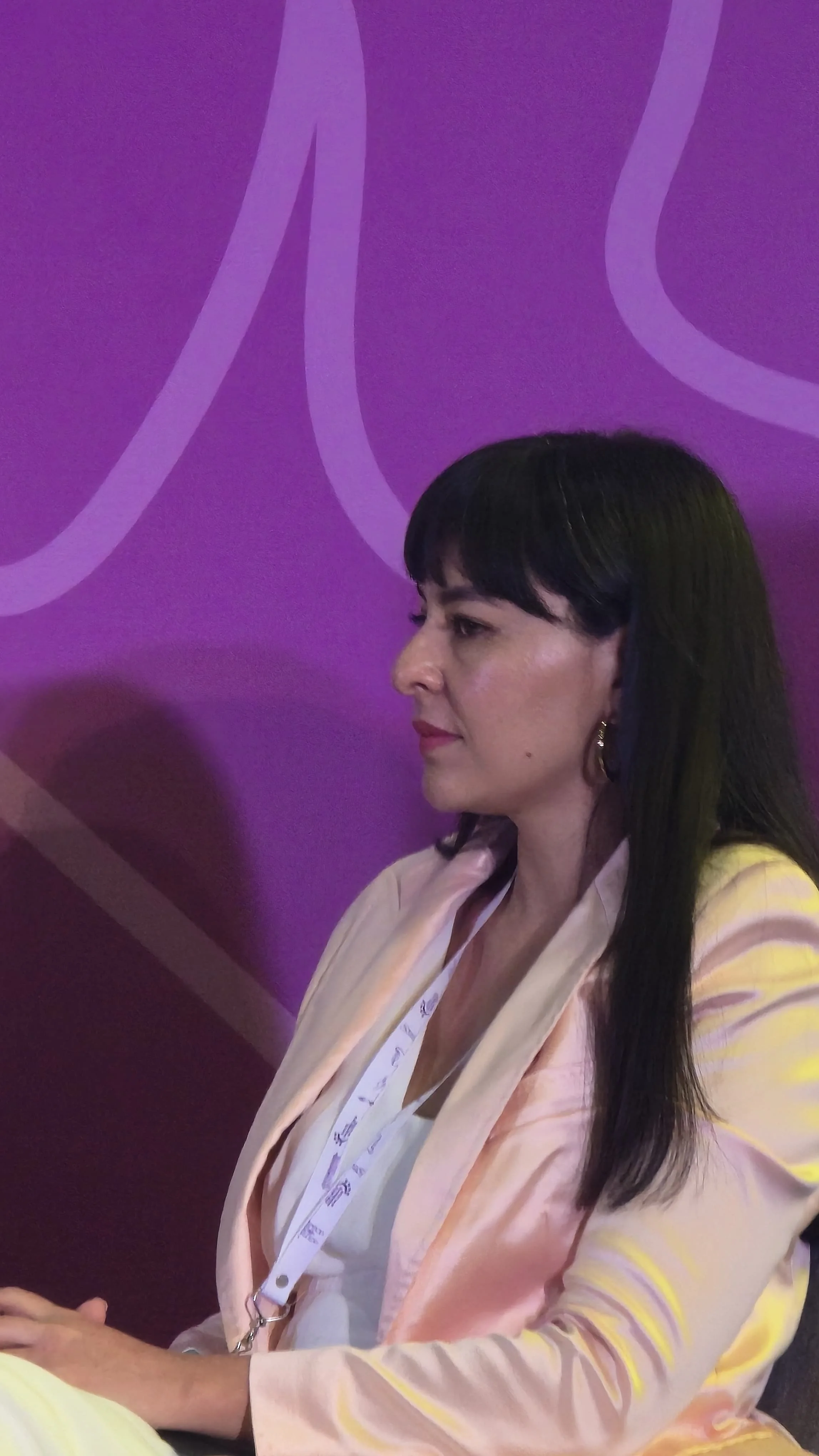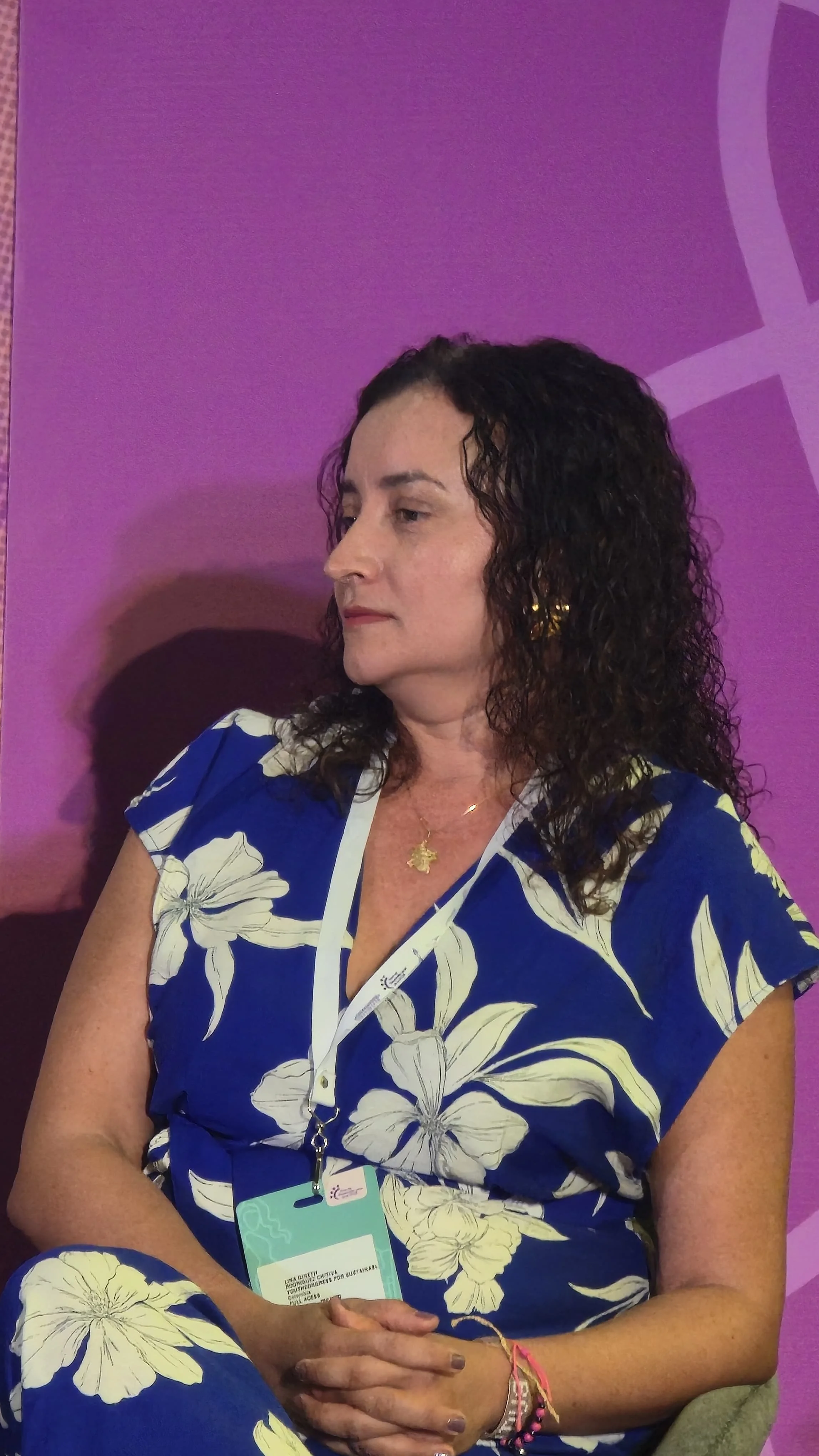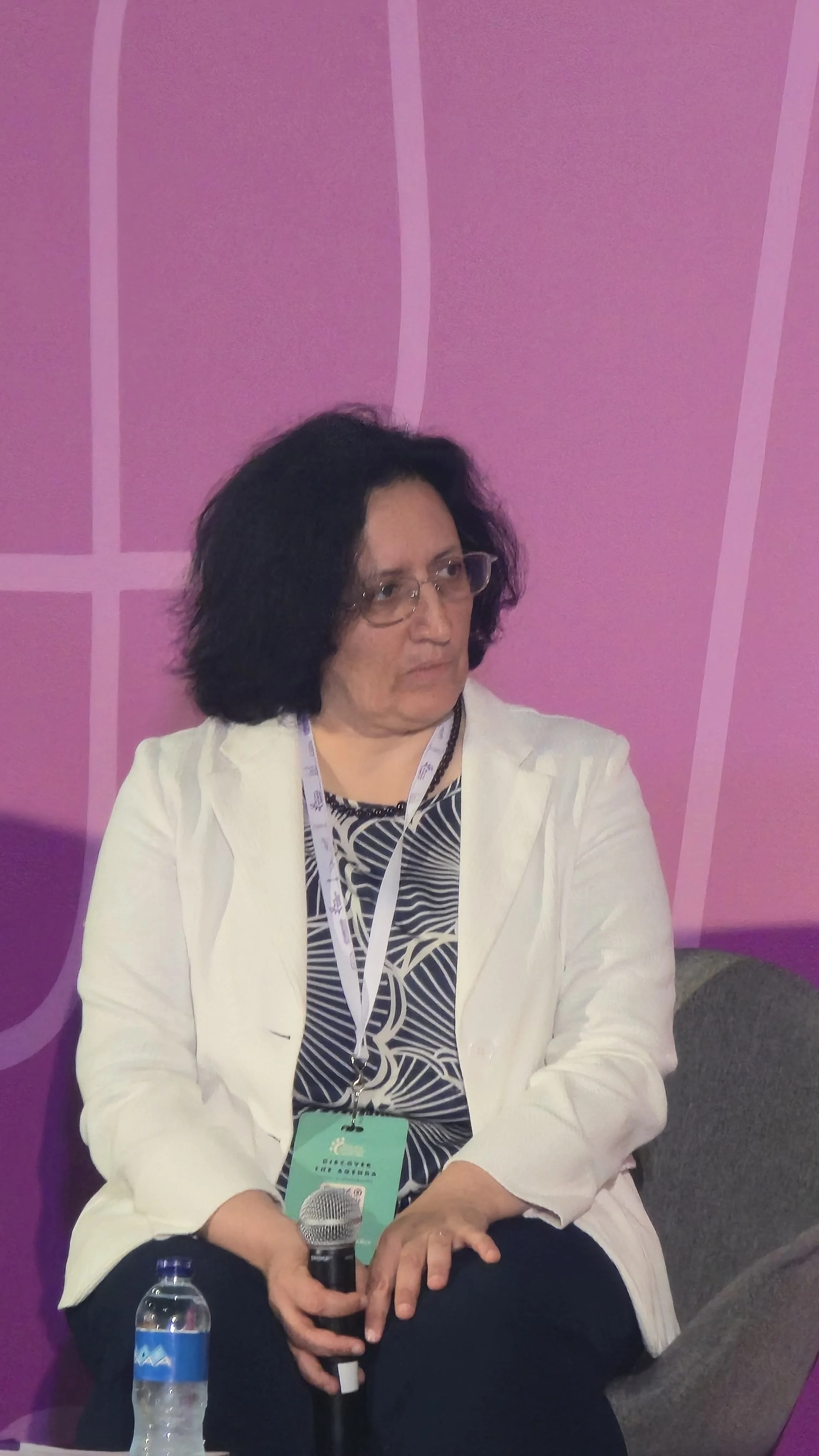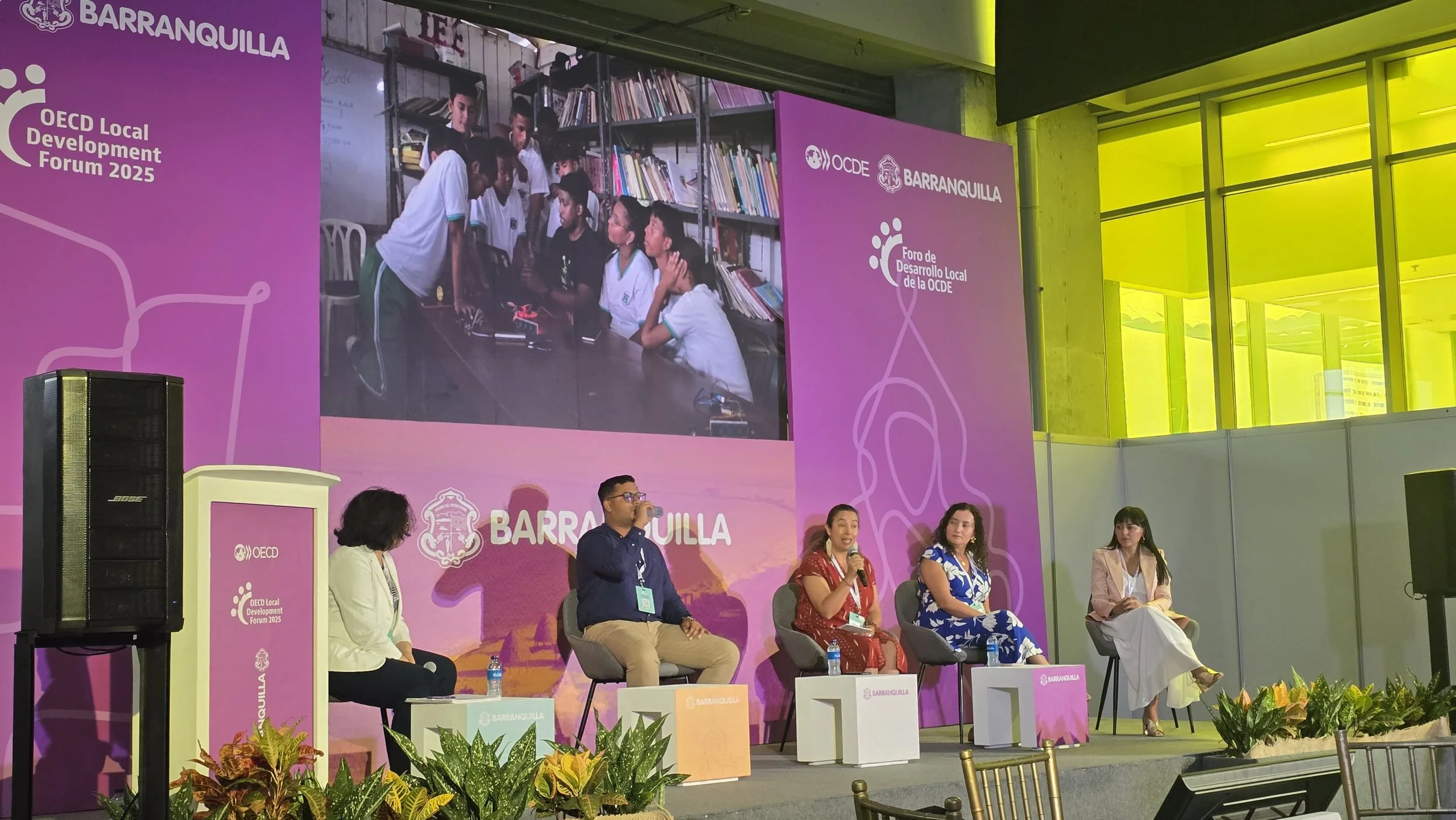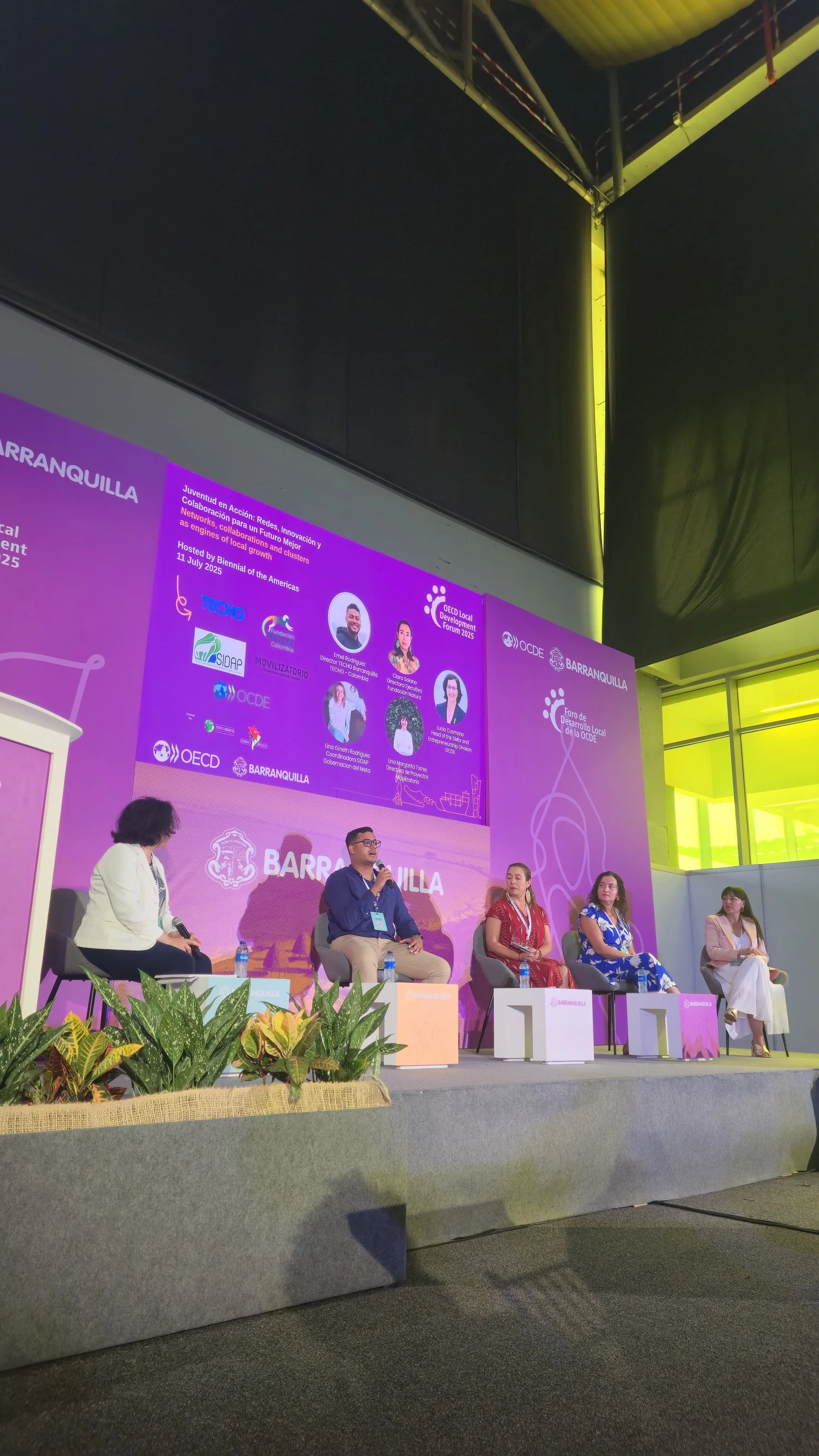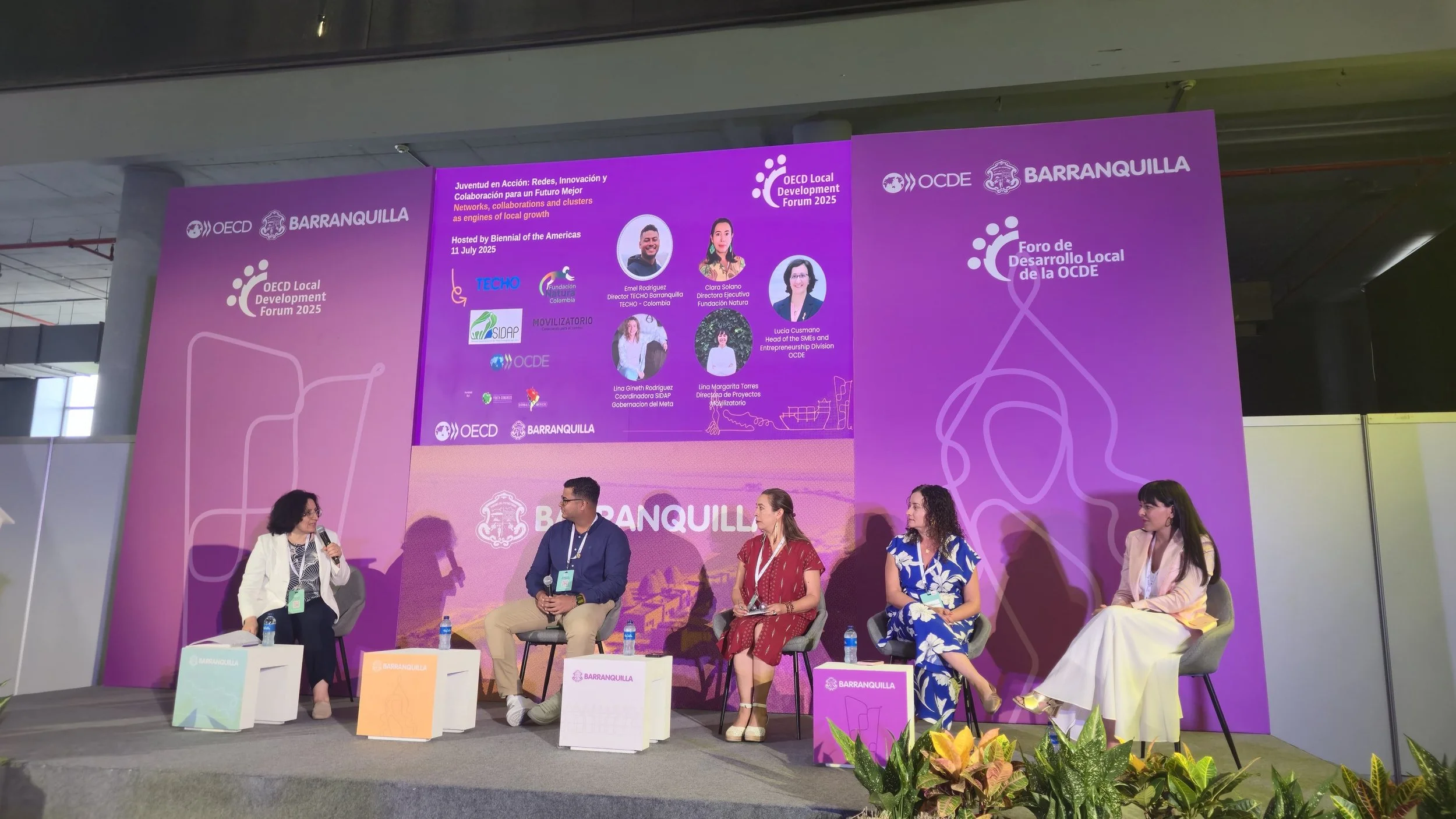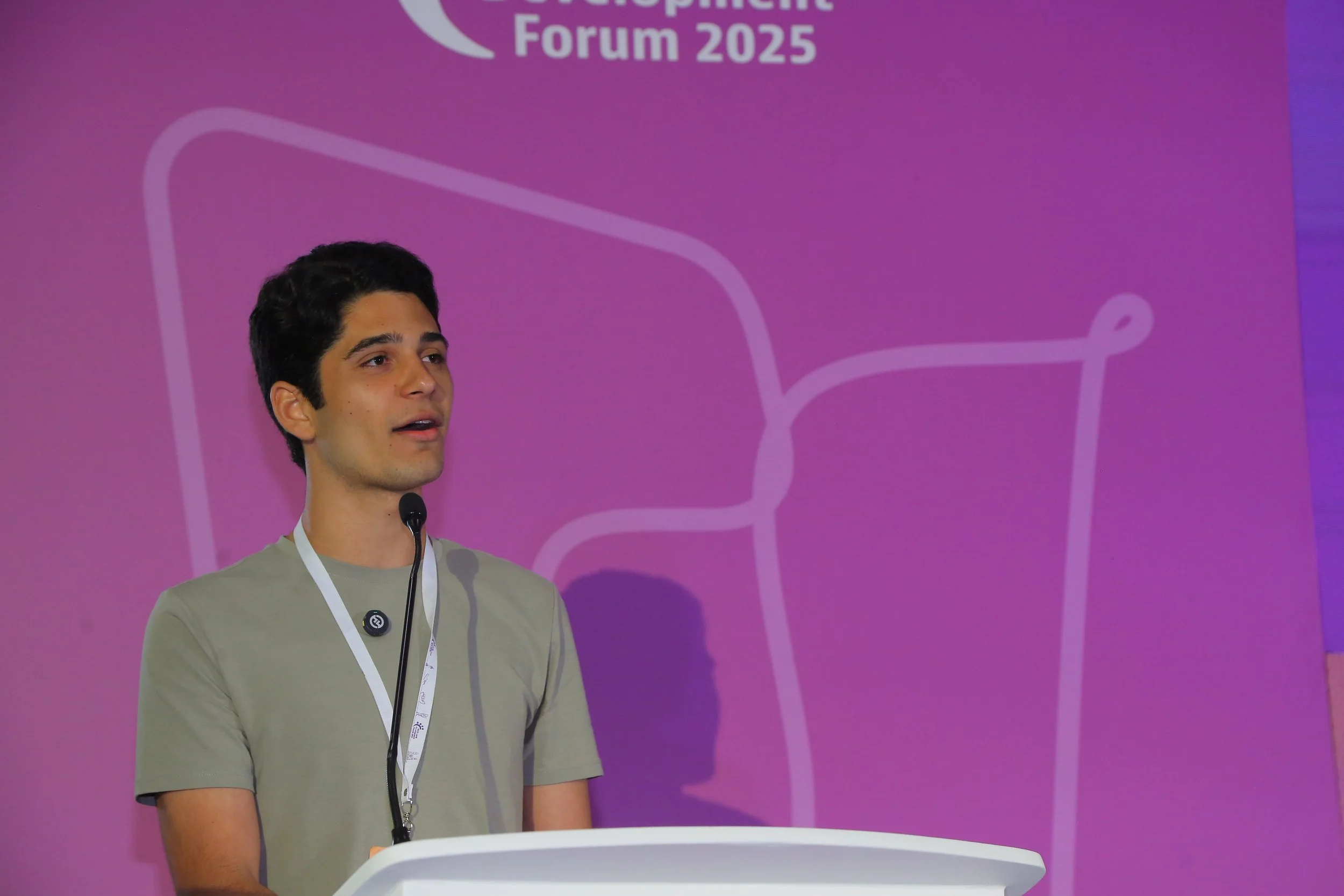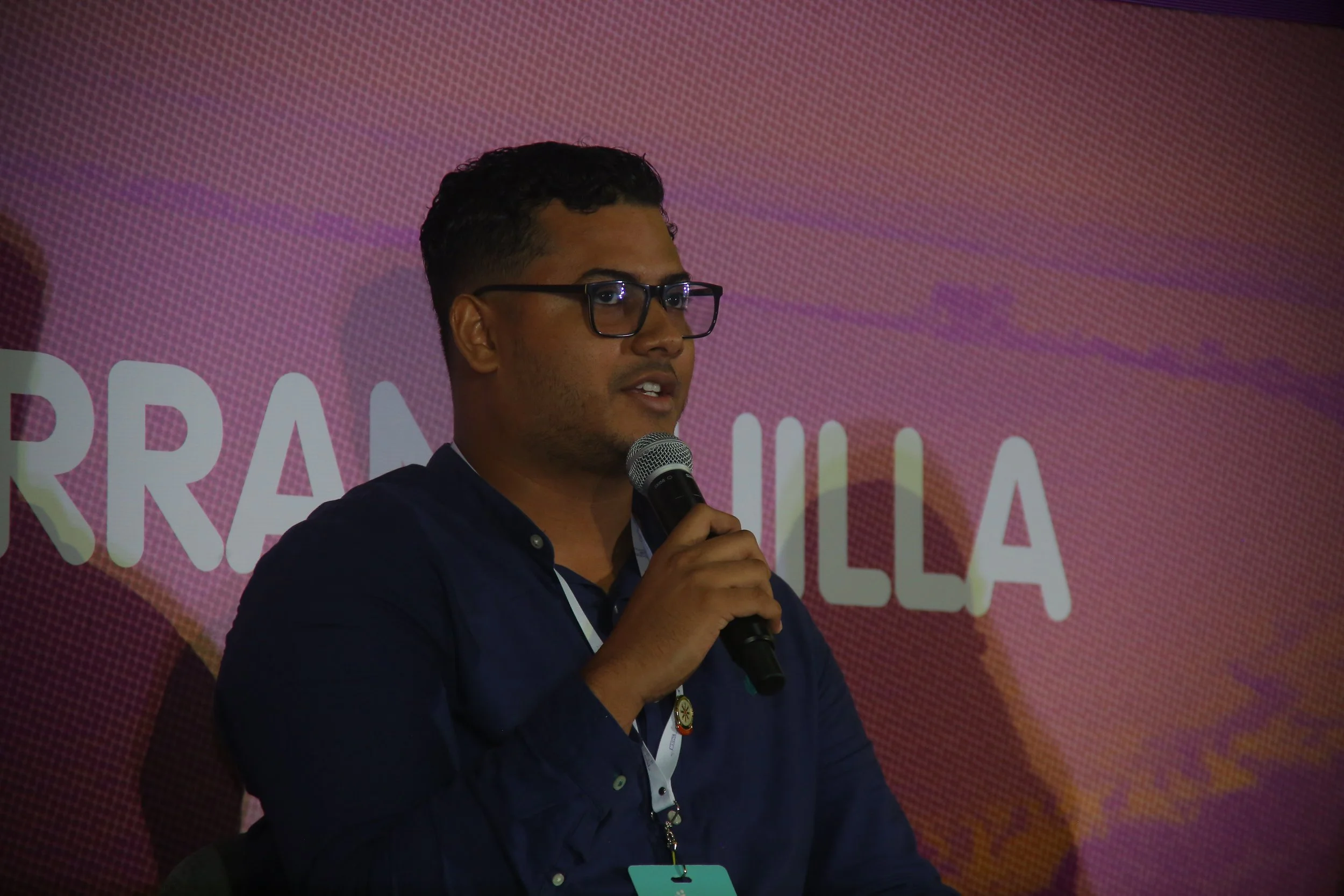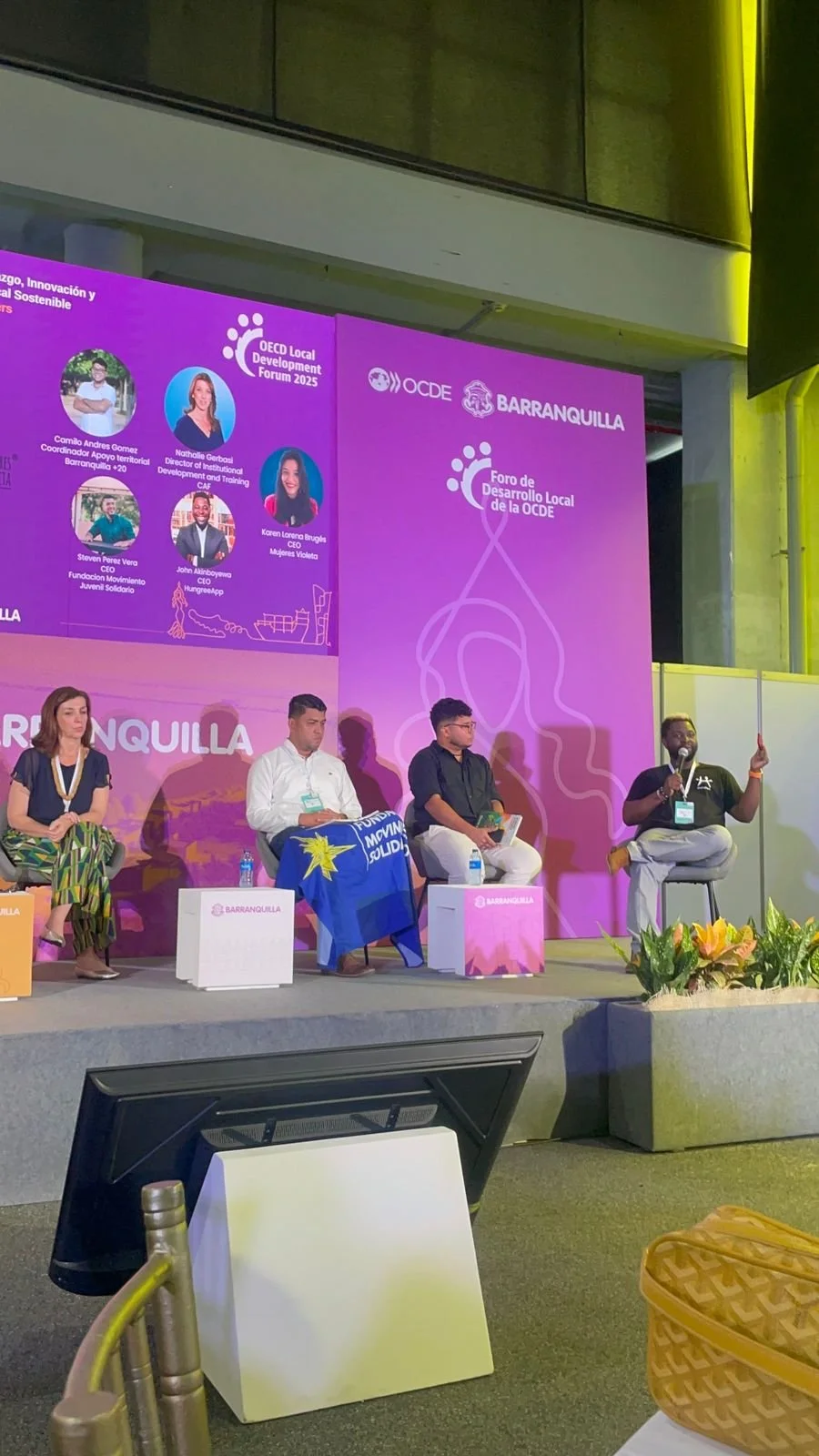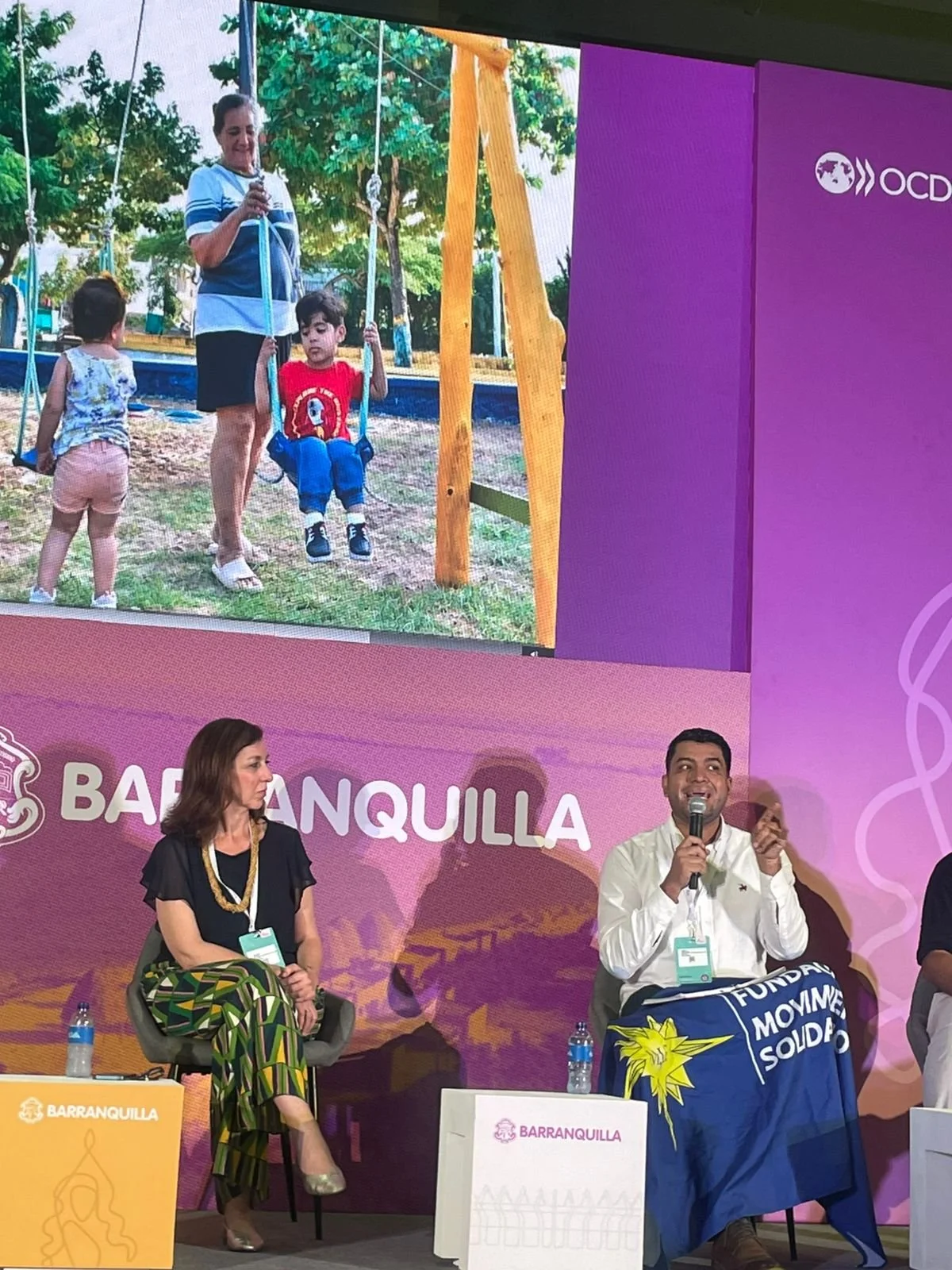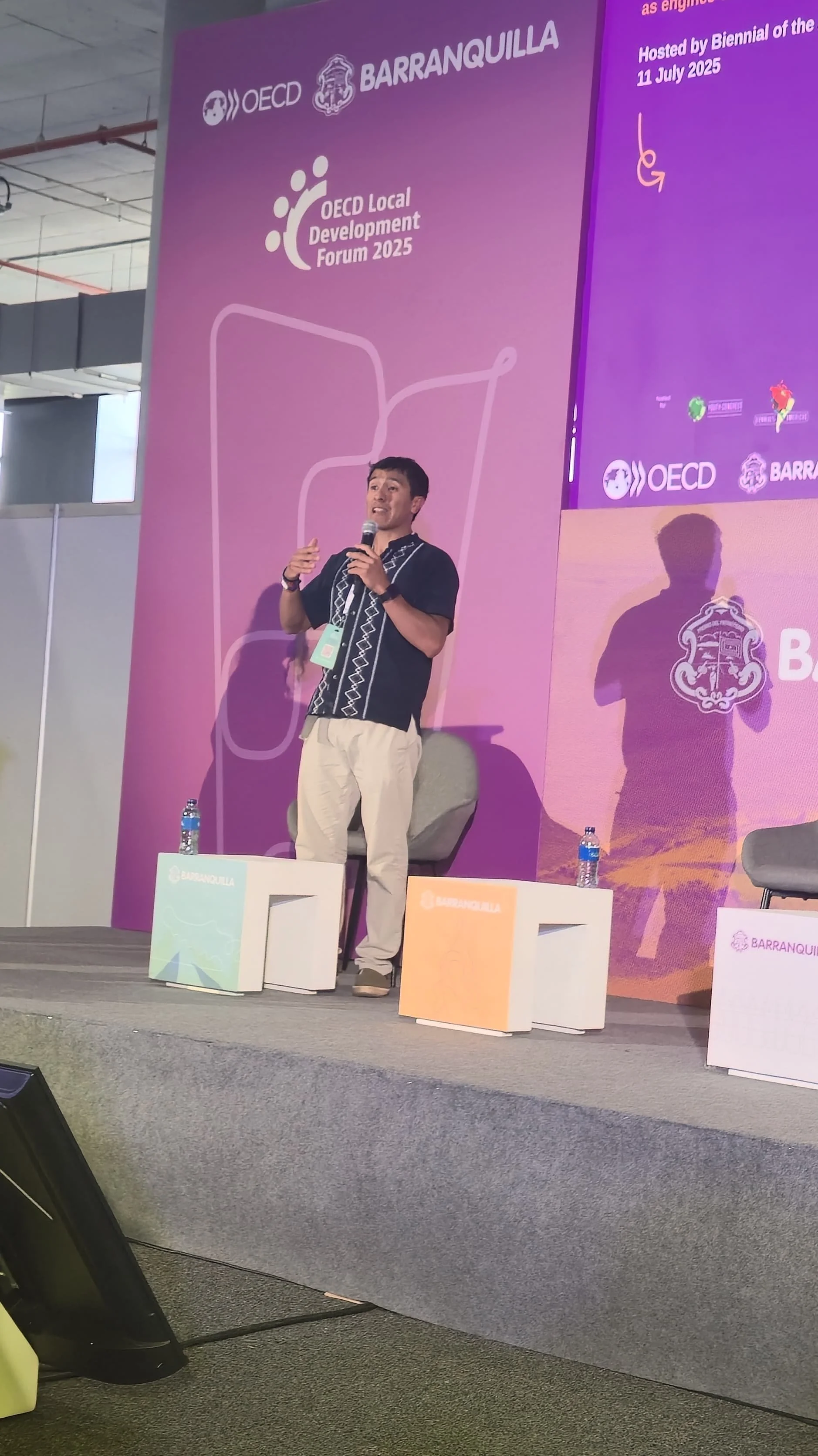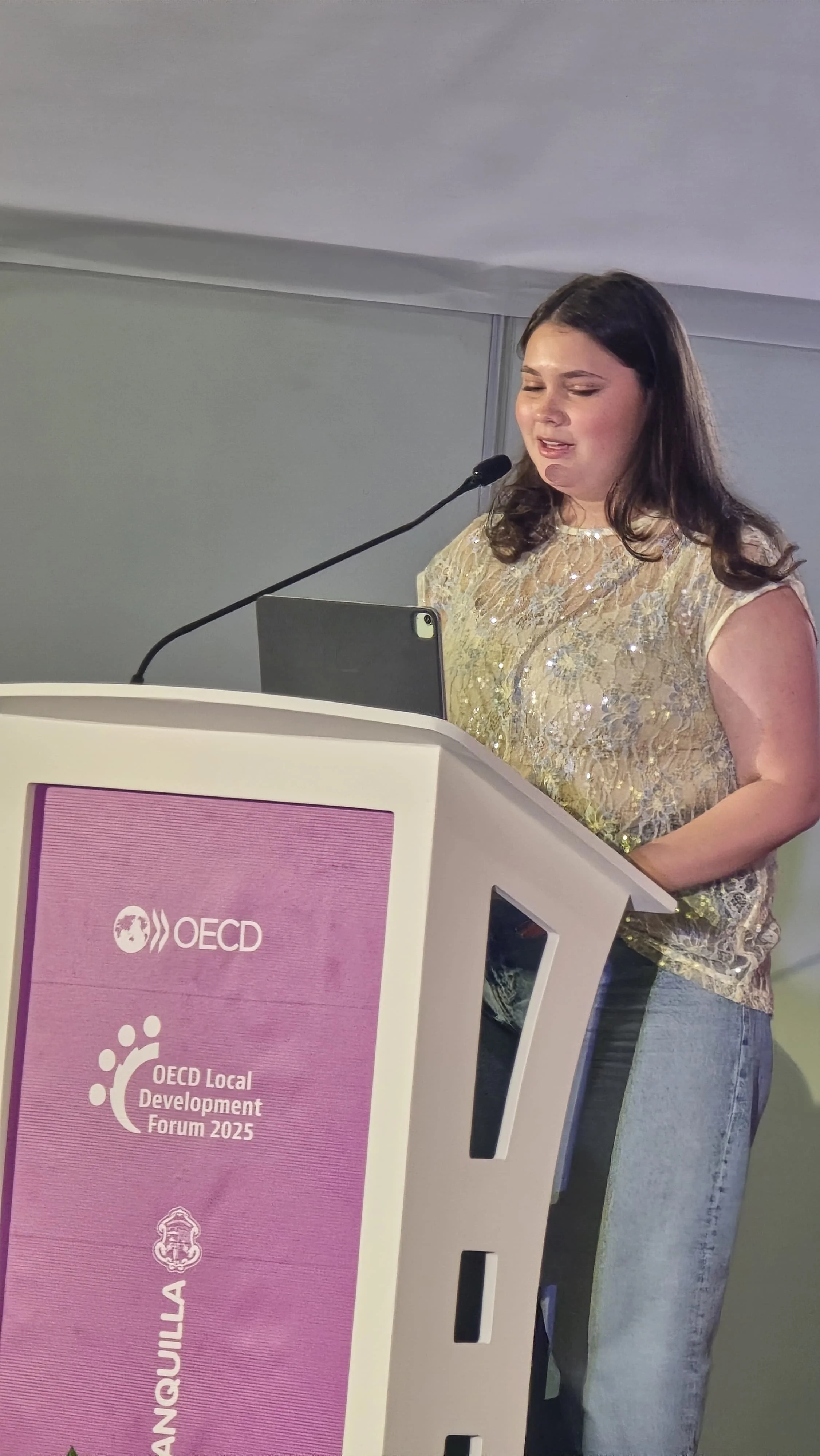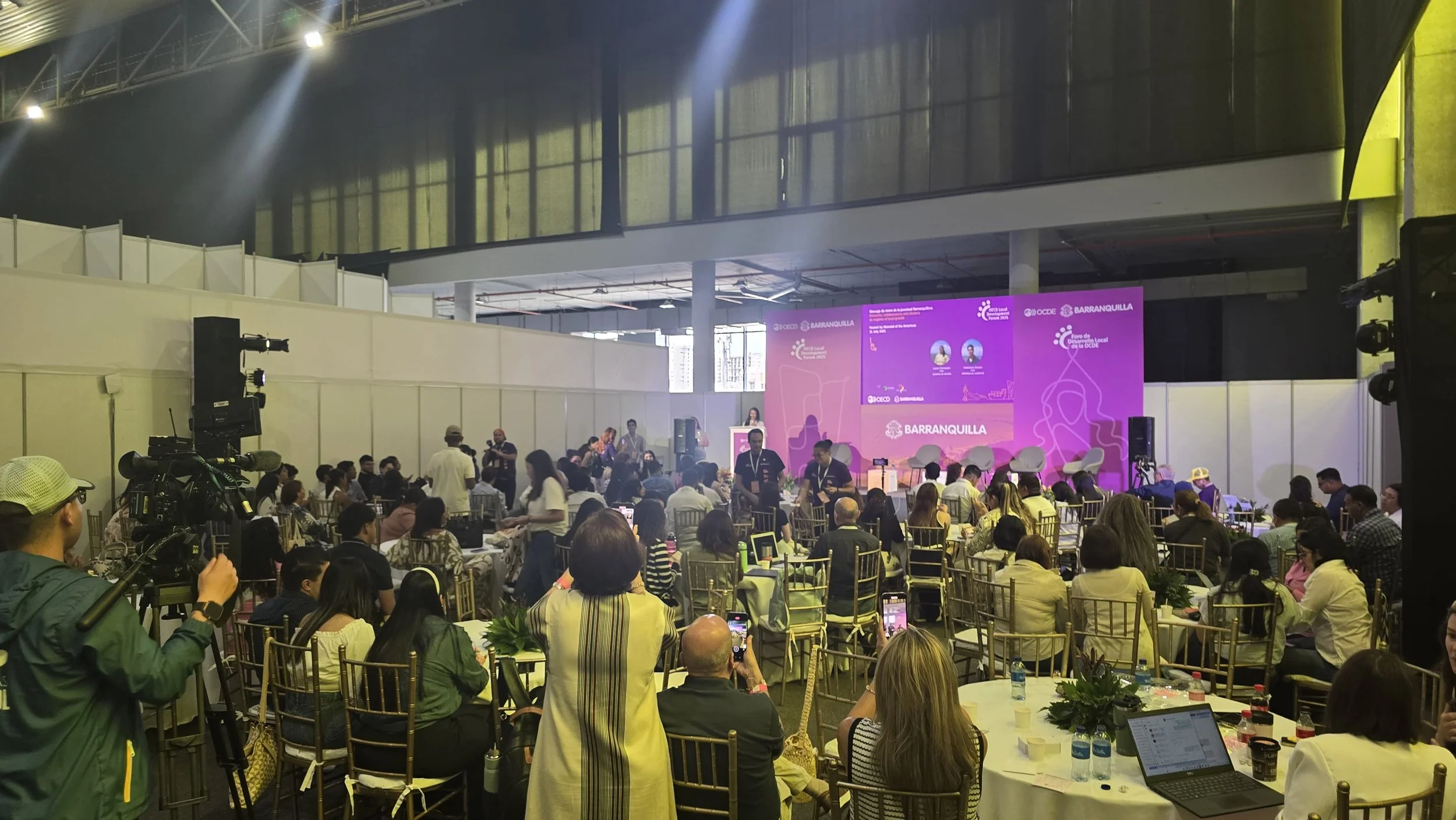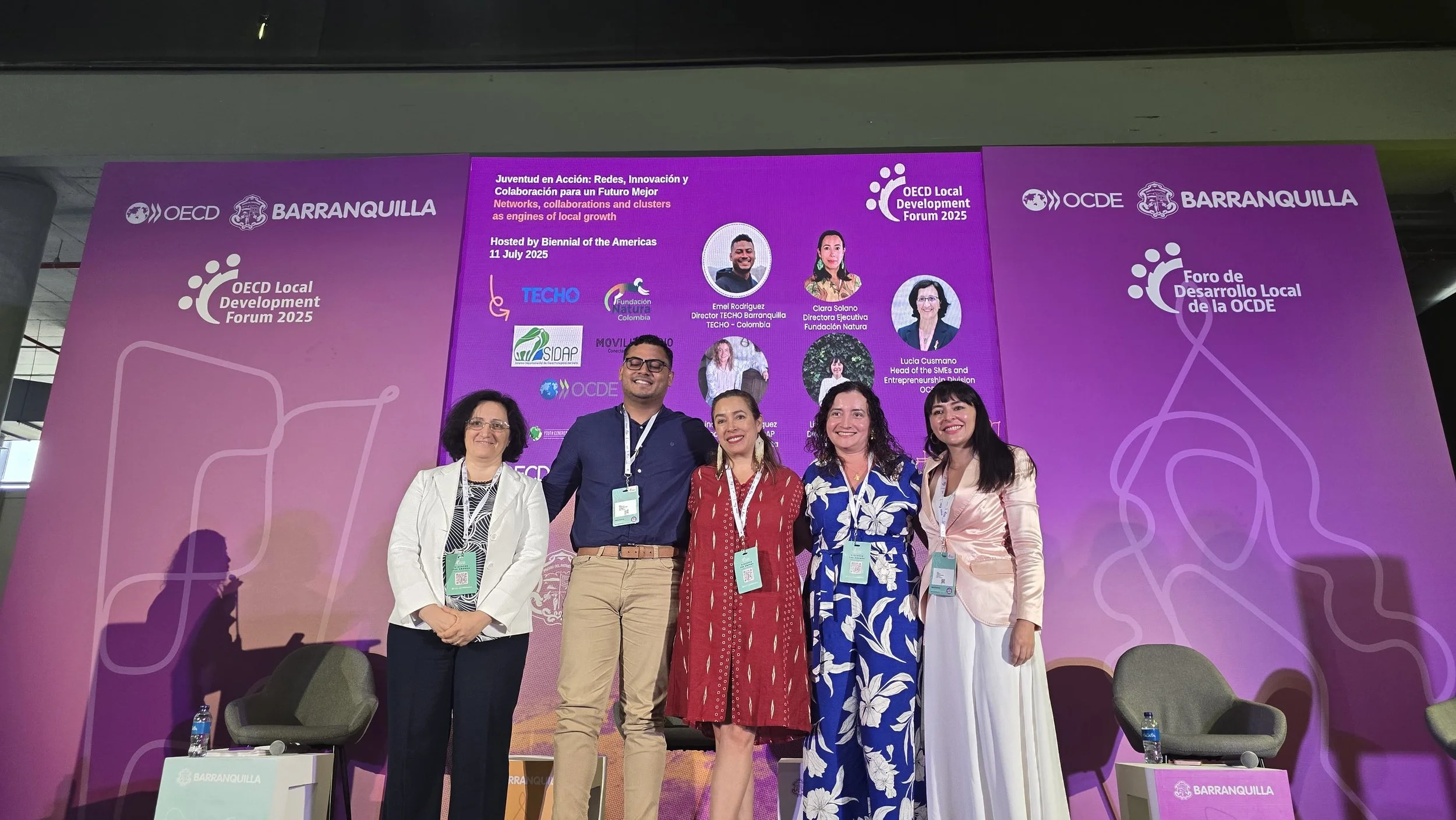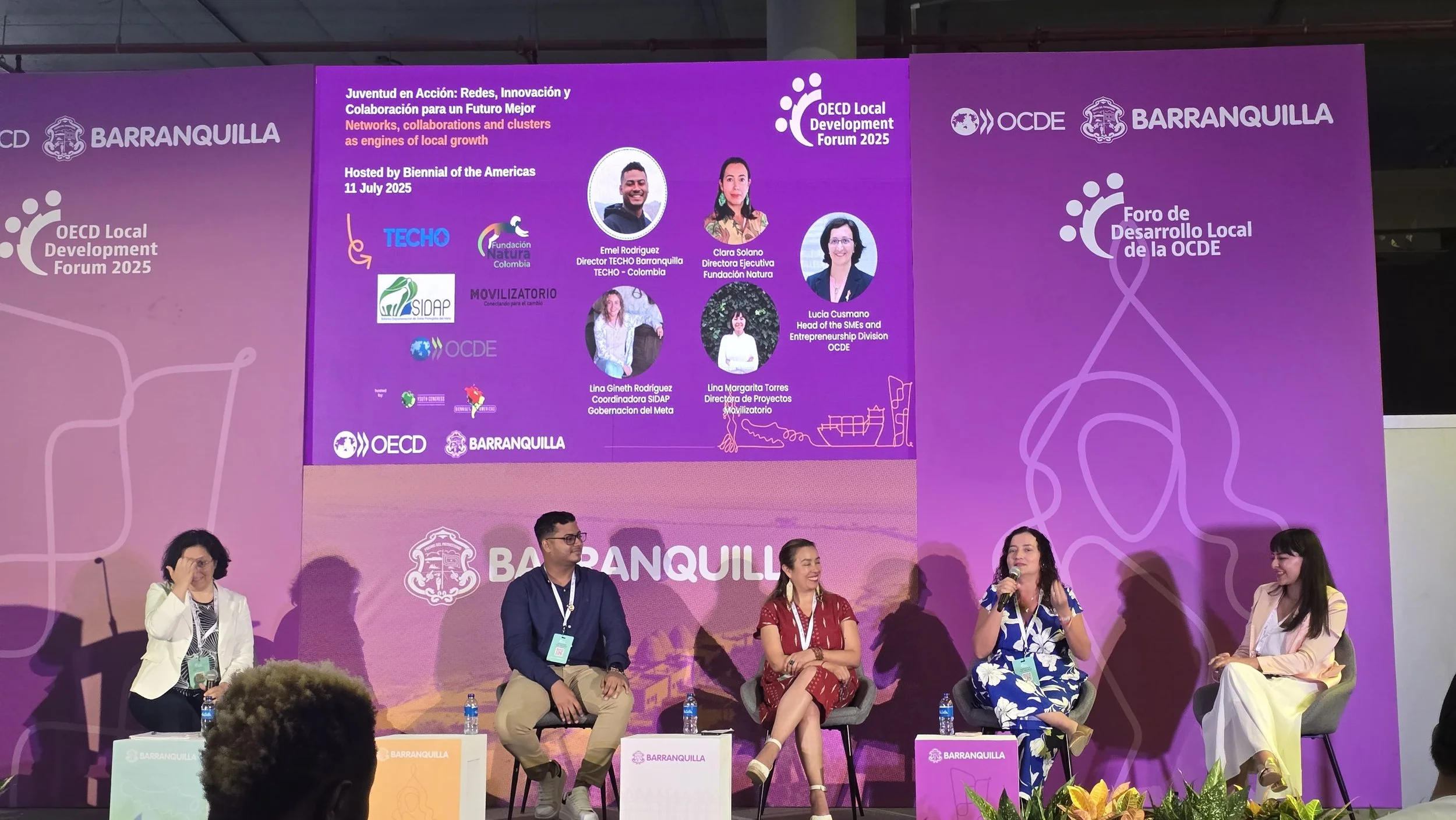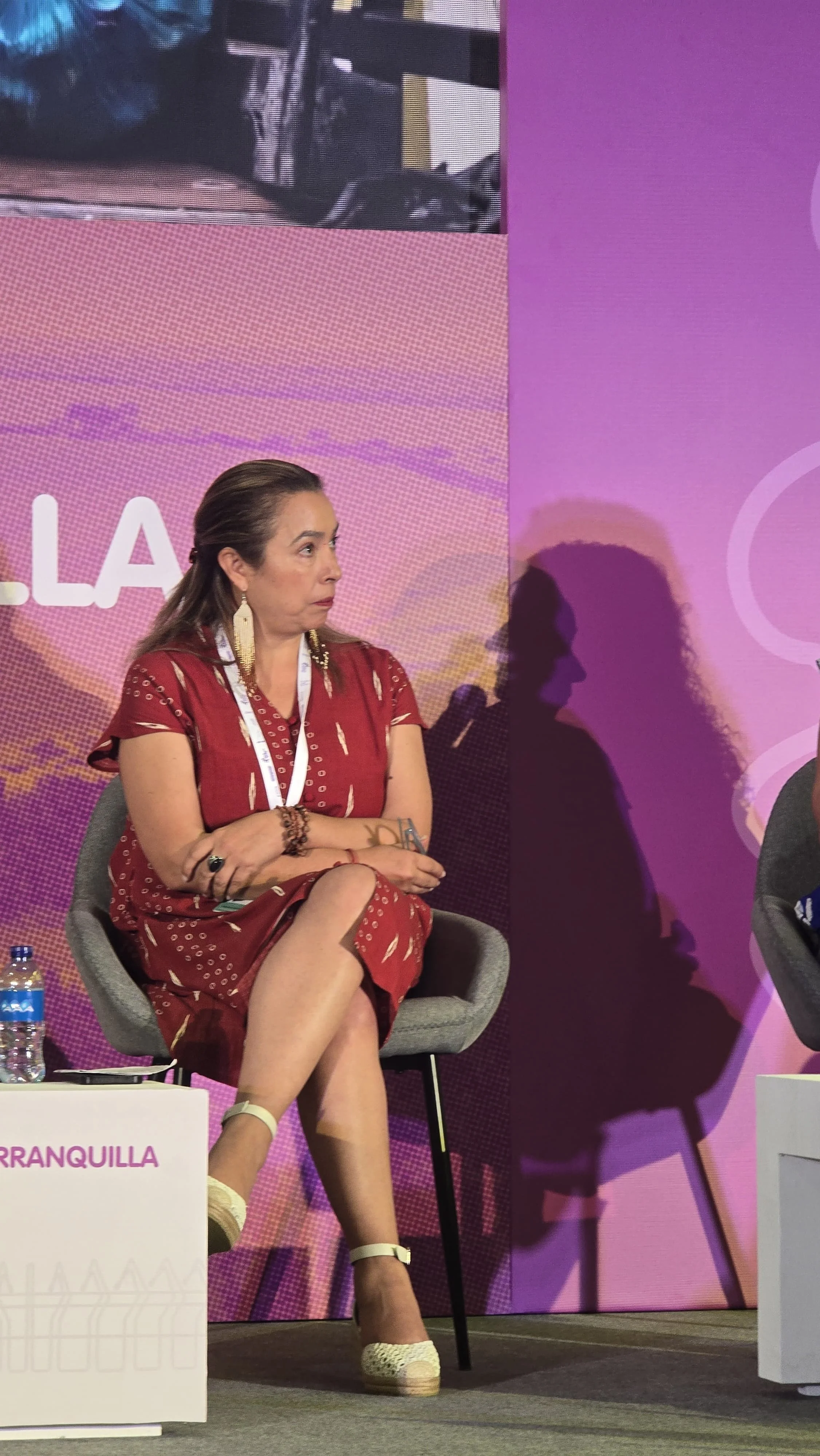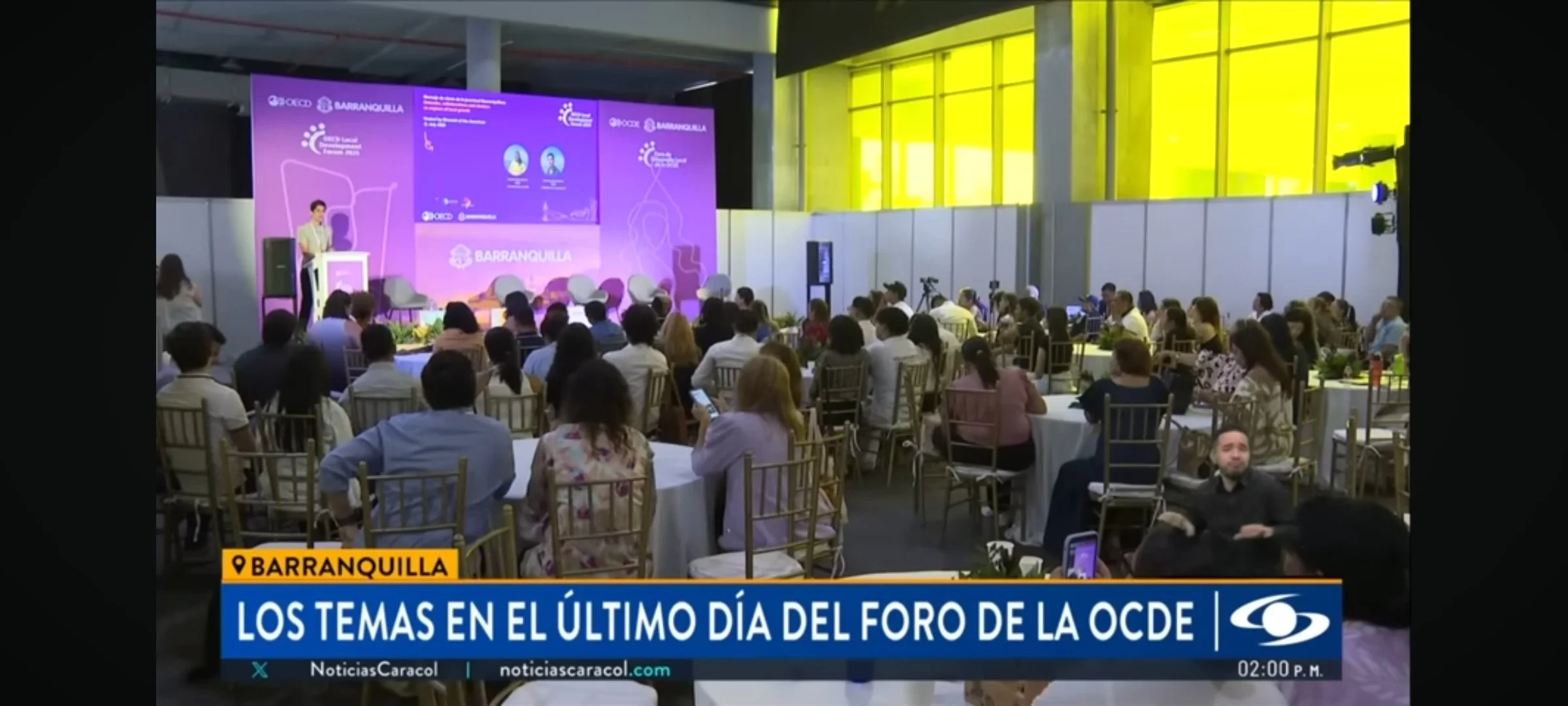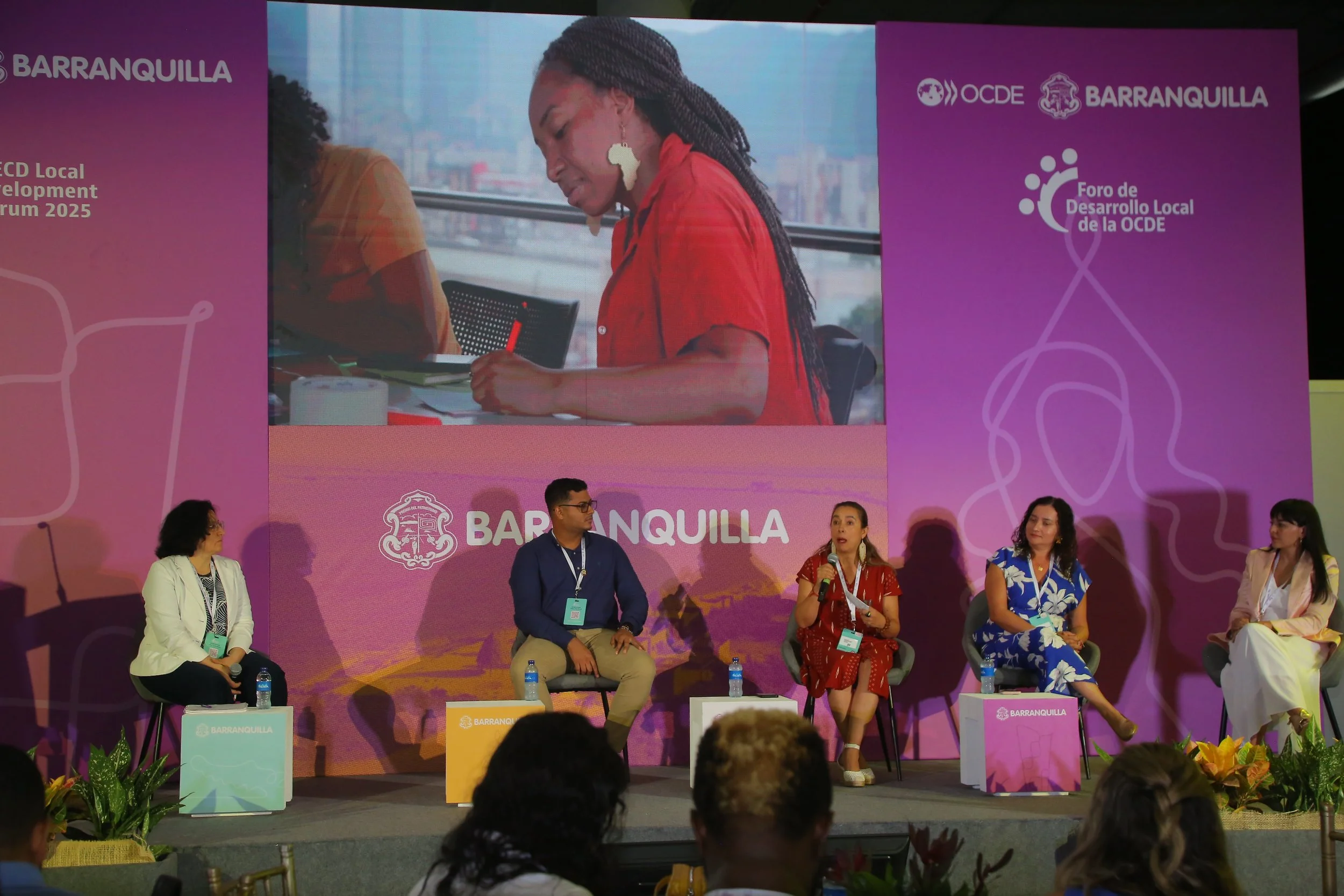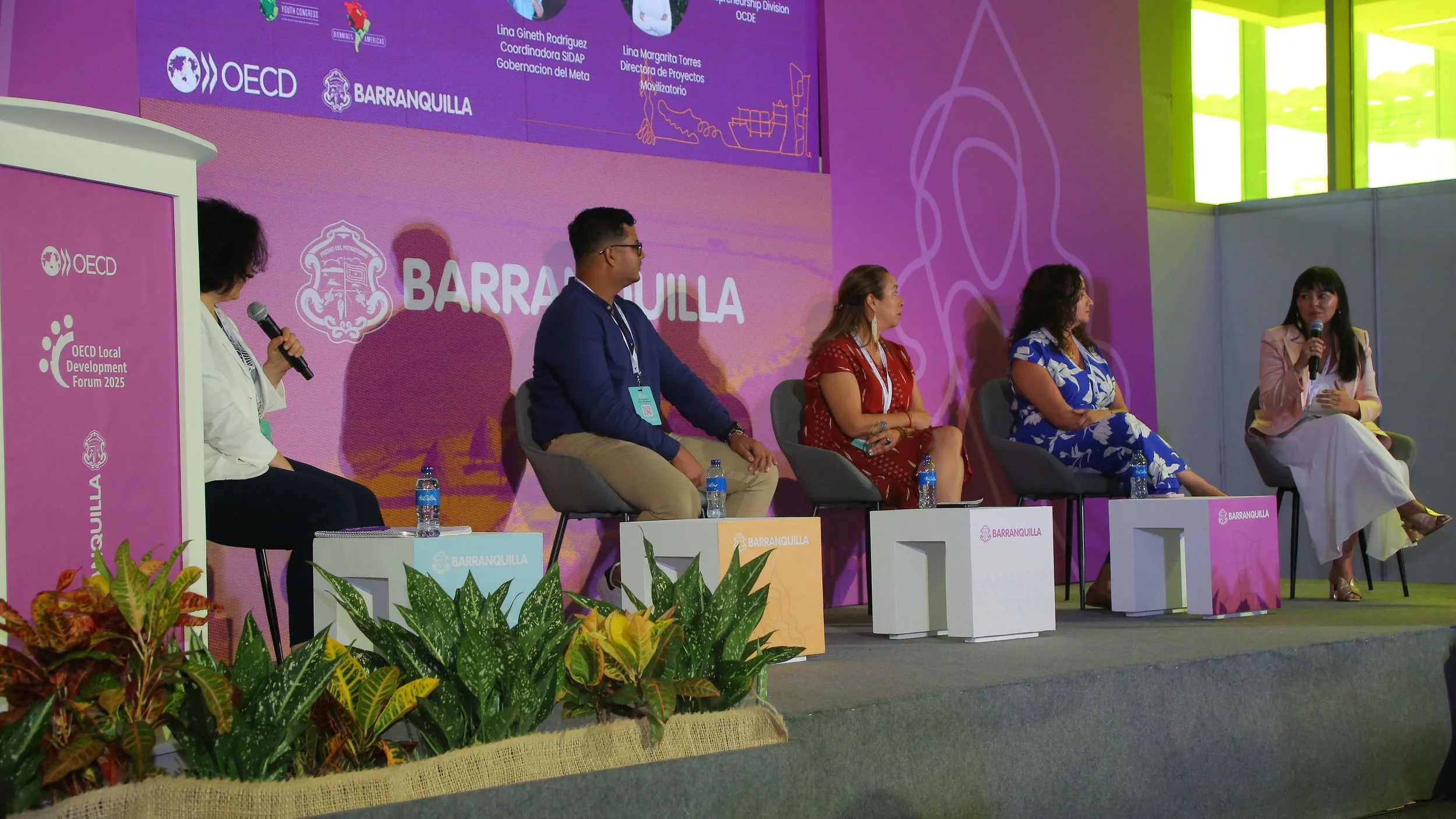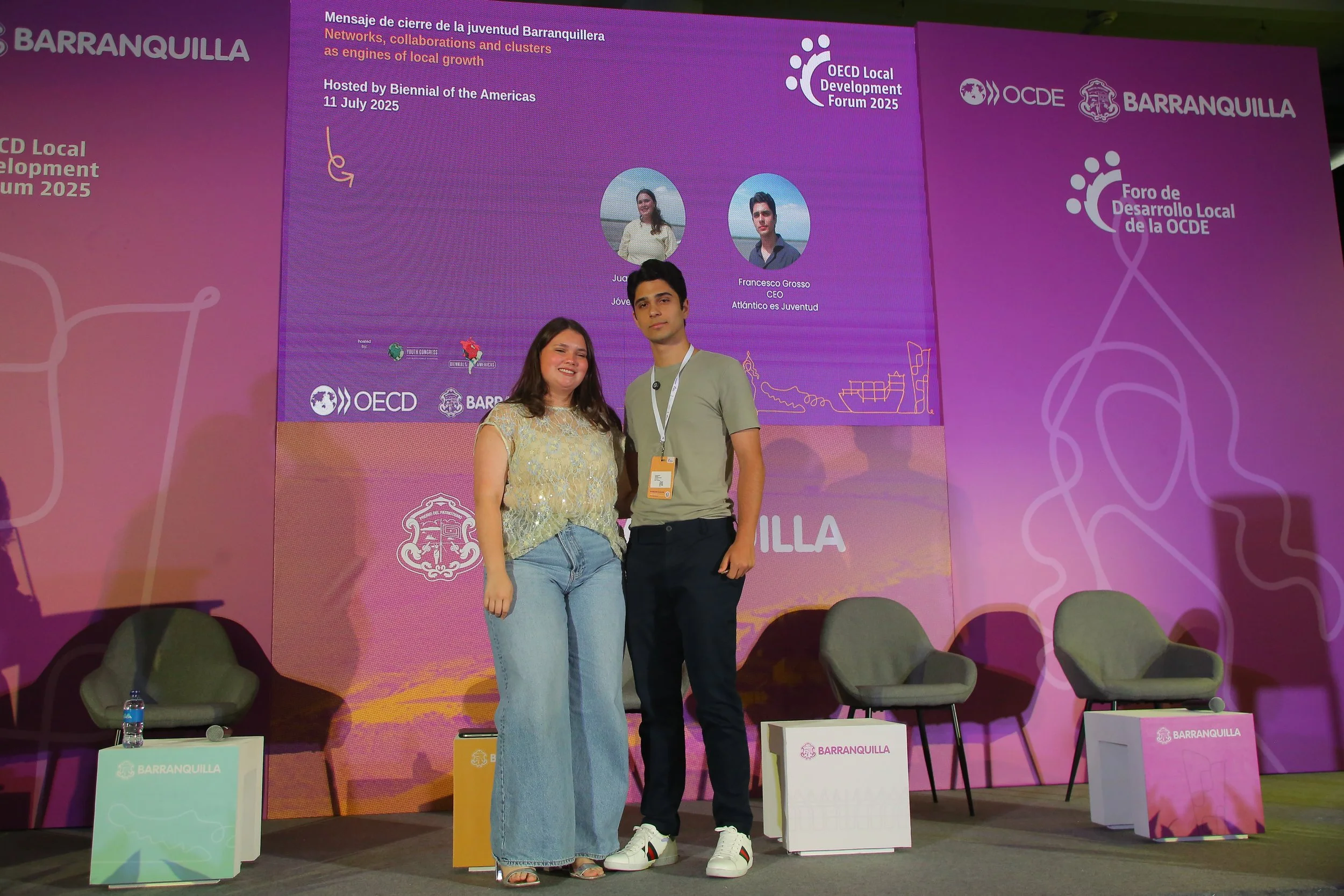ycsa in 2025
From May 5–7, four delegates from the Youth Congress for Sustainable Americas (YCSA) represented the voices of youth across the Americas and the Caribbean at the 6th International Symposium on Conservation Impact, hosted by the Salazar Center at the University of British Columbia in Vancouver, Canada. Their participation in the closing plenary and an intergenerational networking session highlighted the role of youth in biodiversity, spatial planning, climate action, and inclusive governance. At our information booth, over 75 attendees engaged with our work, and more than 15 young professionals expressed interest in joining or collaborating with YCSA.
The delegation forged new alliances with actors in Canada, the U.S., and Mexico and gained recognition from leaders like Ken Salazar, who emphasized youth involvement in decision-making spaces. Their impact extended beyond the event, positioning YCSA and the Biennial of the Americas as leading advocates for youth in conservation. This experience reaffirmed the value of empowering young voices to shape more sustainable and inclusive futures.
On July 11, 2025, the Youth Congress for Sustainable Americas (YCSA) hosted the official side event “Empowering Youth in the Americas and the Caribbean: Innovation, Connectivity, and Action for a Sustainable Future – Experiences and Perspectives from Regional and International Experts”, as part of the OECD Local Development Forum 2025 held in Barranquilla, Colombia.
The event took place in Puerto Mocho Room at Puerta de Oro and brought together youth leaders, government representatives, international organizations, and civil society actors to discuss the transformative role of youth in building sustainable territories.
The program featured two central panels:
Panel 1: Empowering Youth: Leadership, Innovation, and Connectivity for Sustainable Local Development
Moderated by Karen Brugés (HungreeFreeWorld), the panel included:
Nathalie Gervasi (CAF), who emphasized the importance of institutionalizing youth participation through initiatives like the Generación L program.
Camilo Gómez (Barranquilla+20), who shared grassroots experiences in environmental education and recycling in communities such as Bocas de Ceniza.
Steven Pérez Vera (MJS International and YCSA delegate), who stressed the need for real support structures to strengthen youth leadership.
John Akinboyewa (HungreeApp), who shared an inspiring journey from Nigeria, highlighting the power of purpose and action.
Panel 2: Youth in Action: Networks, Innovation, and Collaboration for a Better Future
Moderated by Lucía Cusmano (OECD), this panel featured:
Lina Gineth Rodríguez (SIDAP Meta), who discussed the role of youth in environmental governance at the regional level.
Lina Torres (Movilizatorio), who spoke about youth collective action and generational leadership transitions.
Clara Solano (Fundación Natura), who emphasized integrating diverse and intergenerational perspectives in conservation efforts.
Emel Rodríguez (TECHO Colombia), who presented youth-led housing initiatives developed through partnerships with universities, companies, and communities.
The event concluded with powerful reflections from young leaders in Barranquilla, including Juana Thompson, founder of Jóvenes en Acción, and Francesco Grosso, from Atlántico es Juventud. Juan Felipe Pinto, representing YCSA, closed the session by calling for continued collaboration to build a united, resilient, and youth-led Americas.
In addition to the panels, YCSA delegates participated in networking activities with local governments, the OECD, private sector actors, and multilateral organizations, reinforcing youth as active agents of change.
YCSA’s presence at the OECD 2025 Local Development Forum reaffirmed its commitment to youth leadership, climate action, and sustainable development across the Americas and the Caribbean.
